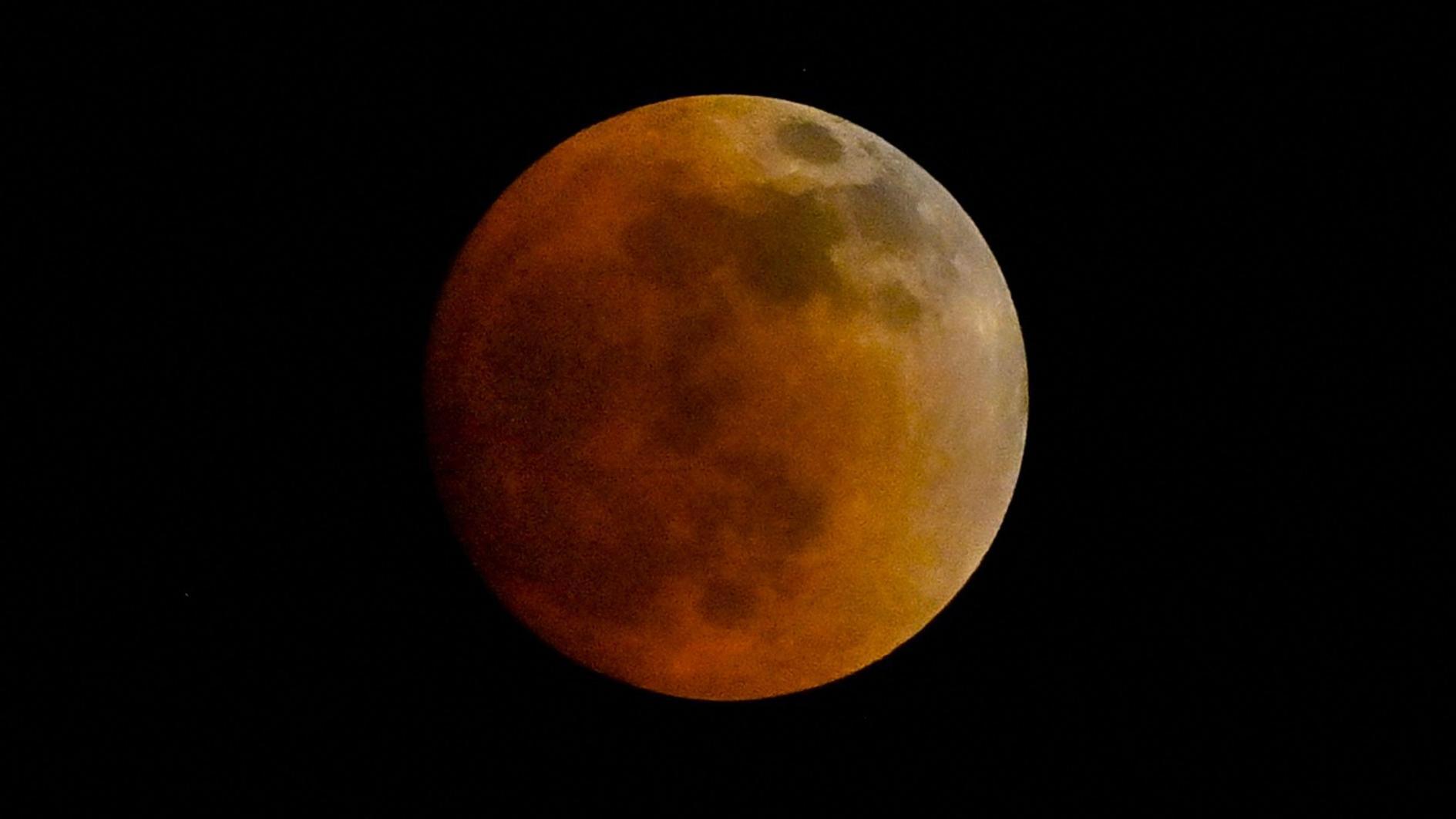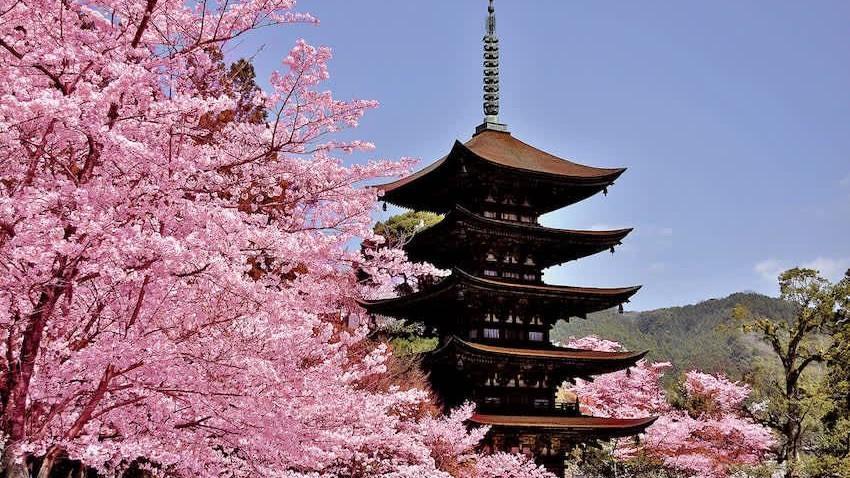The city of three Empires and the city on two continents
Diyadin Yakut ISTANBUL
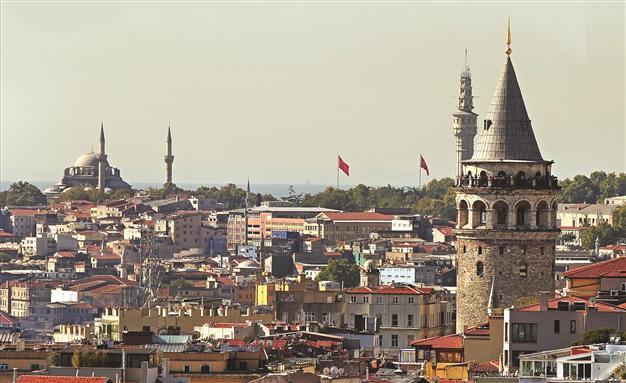 How many of you have ever stopped to reflect deeply about the true value of living in a glorious city like Istanbul in your lifetime?
How many of you have ever stopped to reflect deeply about the true value of living in a glorious city like Istanbul in your lifetime?Human beings tend to be pessimistic, fellow Istanbulites. We all have a leaning to see a glass of water as half-empty rather than as half-full. This phenomenon is almost universal. There is an ample amount of studies and surveys indicating the natural inclination of the human race toward the exaggeration of hardships of daily life and to belittling the significance of blessings endowed to them.
In our country too, people love to highlight and criticize the negative aspects of their life and make quarrels with fiery passion.
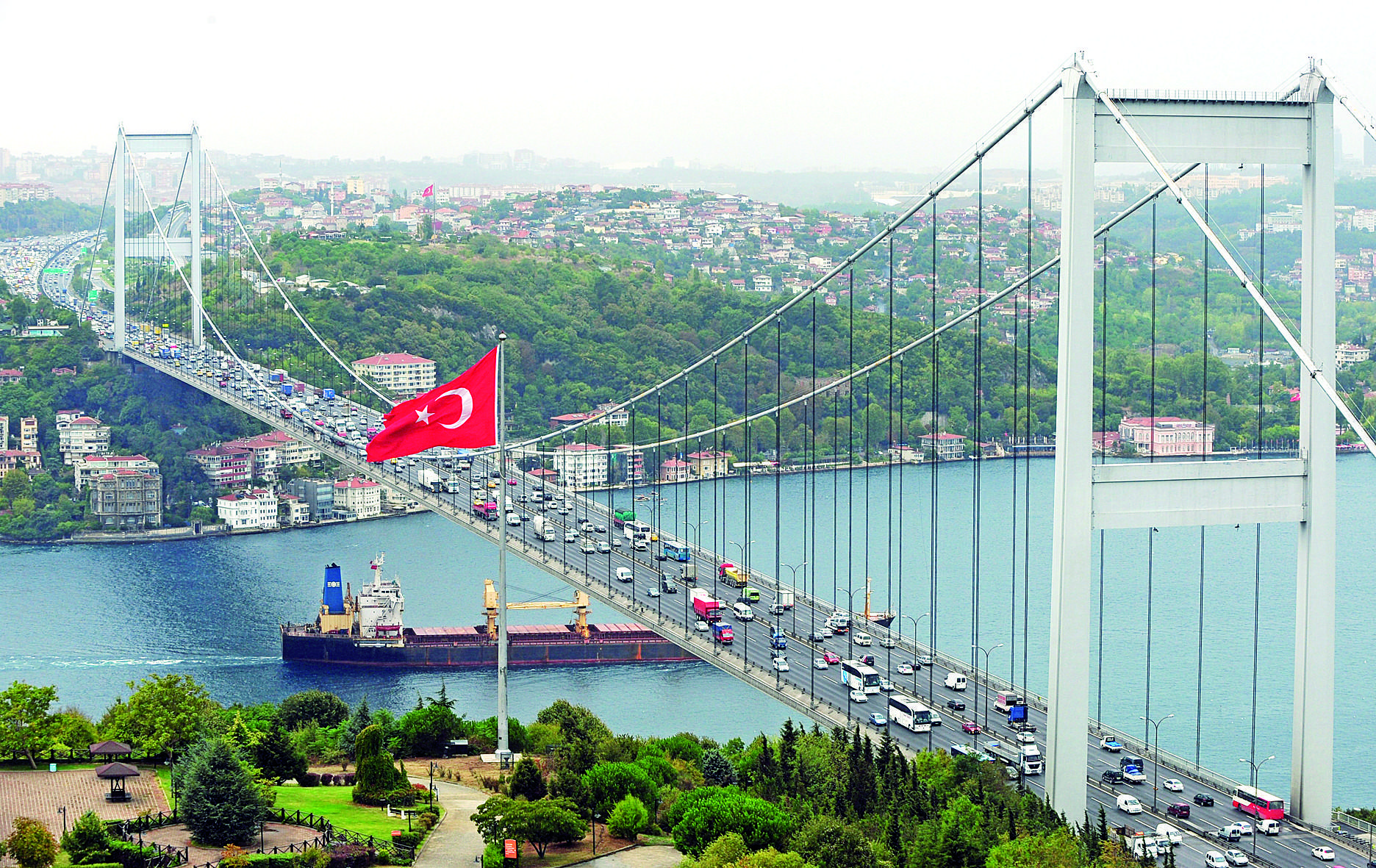
Globally, dissatisfaction with cities comes first in this regard. The position of Istanbul, in the eyes of its approximately 15 million people, is no exception either. I am saying this not because I have done extensive surveys that measure the level of dissatisfaction that Istanbul inflicts on its residents or because I have statistics of such surveys available to myself, but simply because I have an unremitting habit of constantly drawing sociological conclusions out of my observations of people from all walks of life: whether it be my family, close relatives, friends, people who appear on TV or even those faceless strangers who share public transport with me day in, day out.
They have never mistaken me in their complaints about Istanbul. To hear, for example, that the hurry and rush in Istanbul is eating up our life, or that the looming great earthquake is upon us, or that the terrible traffic is Allahın Gazabı (the Wrath of God) is not only a vivid manifestation of collective dissatisfaction with this colossal city, but also a clear signal about which urban issues, as a nation, we should act on rather than talk about.
Although I philosophically and politically see these complaints and opposition of citizens against any type and level of establishment as the unalienable condition for the sound functioning of the principles of transparency and accountability, which are two vital pillars of any democratic society, I still, dear Istanbulites, suggest that you leave aside both major and minor hardships of life in Istanbul and join me in a virtual tour to the beautiful side of our city which served as the capital of three empires for more than a millennium and a half.
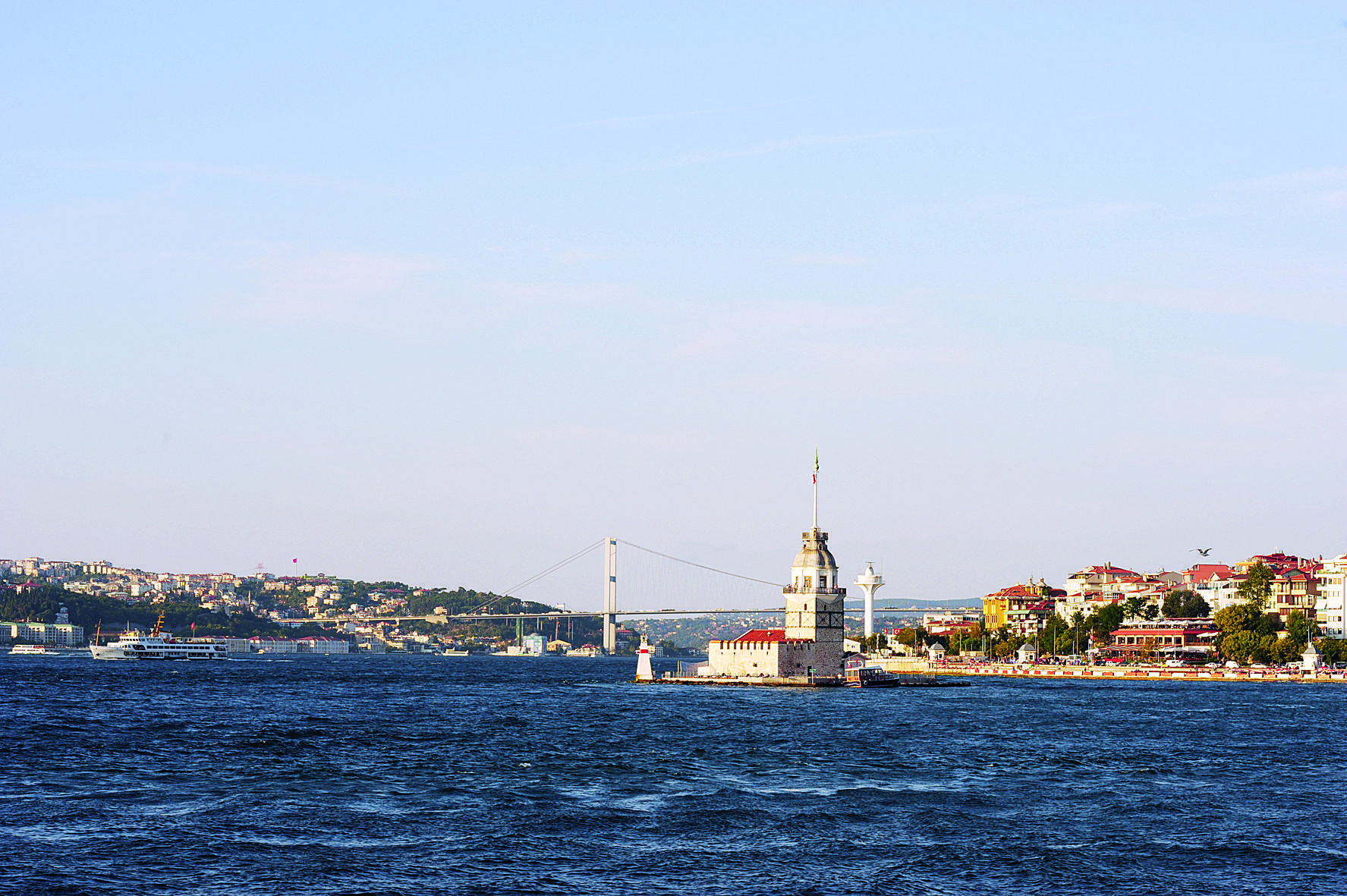
First of all, Istanbul is the only metropolitan city in the world that connects two important continents that historians call the “old world.” Nowhere, except in Istanbul, can you enjoy digging into a simit and sipping your çay (tea) out of the curvy petite glass in one continent, while at the same time watching daily life flow on the other.
And only in Istanbul do you have the chance to sail between two continents on a Bosphorus cruise, which is highly popular among newcomers and tourists alike, in a matter of two hours and experience that unique and wonderful feeling of having fed the seagulls flying over your head and, in the meantime, ventured onto the shores of Europe in the first hour and the Asian shores in the second.
Although it does not yet match some global metropolitan cities like New York, London, Paris and Moscow which accommodate tens of millions of people from almost every corner of the Earth, Istanbul is gaining an increasingly more cosmopolitan outlook, and it is now quite common to hear many different languages on the streets, like English, German, Russian, Persian, Arabic and others spoken in Central Asia and Africa.
Far from being boring and monstrous, Istanbul, with its uniquely lively nature, different noises, smells, colors and millions of residents seeking to establish a new and more prosperous life, is always on the move.
And never forget its beautiful scenery, of course. As an admirer of Istanbul, I always wished to go to work by helicopter, if only to enjoy the panoramic view of imperial palaces, mosques and other landmark monuments from Topkapı Palace to Hagia Sofia, from the Galata Tower to Fatih Mosque, all evenly lined up on the seven hills of Istanbul. Or I’d like to see in a single take, and in their entirety, the confluence of the Marmara Sea, the bright blue and curving water of the Bosphorus, the Golden Horn, the bridges that always seemed to me like the arms of two men shaking hands.
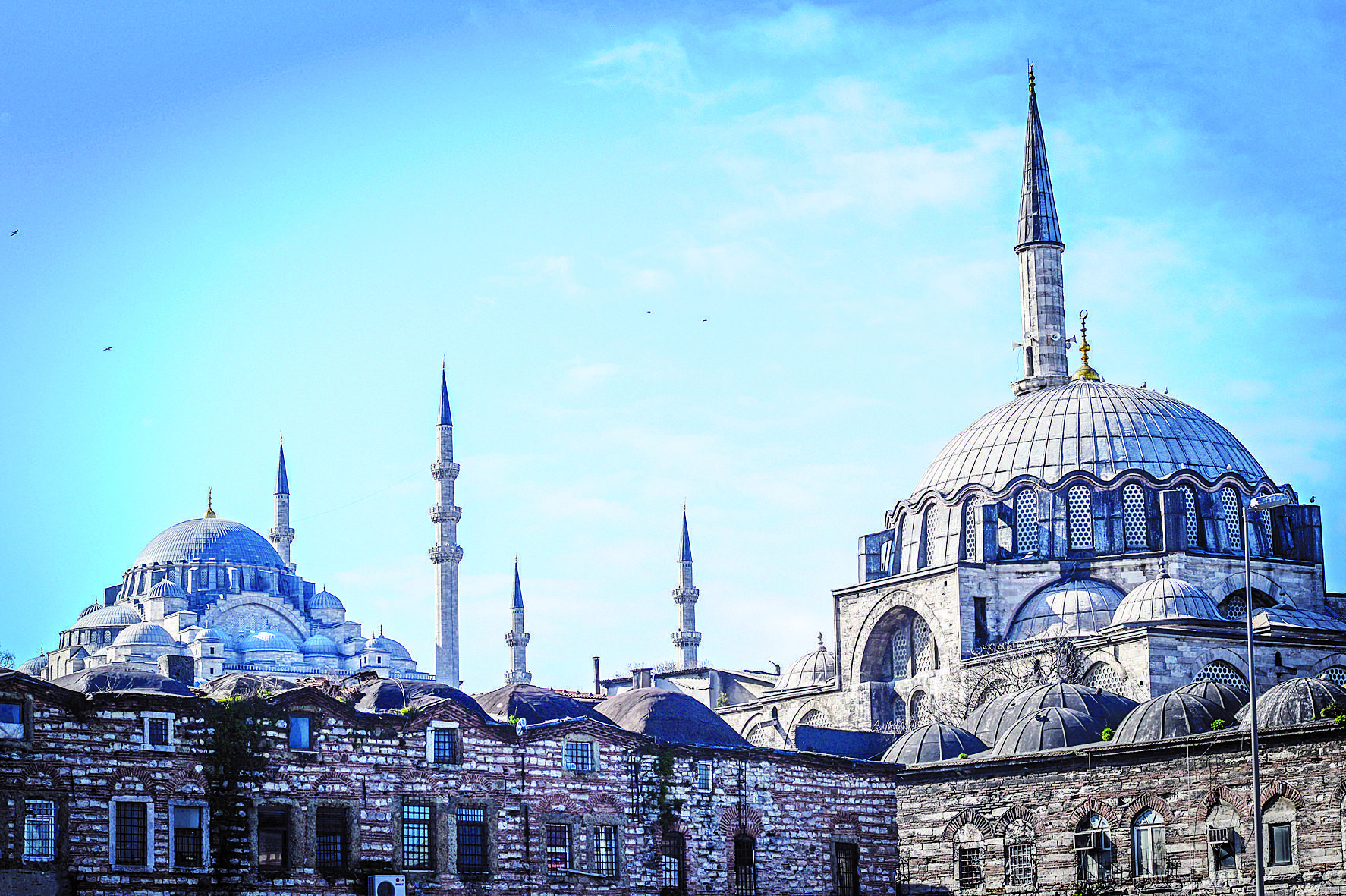
Having always been a center of praise and admiration for centuries, Istanbul has many great enthusiasts and admirers, like its last conqueror, Mehmet II; prominent Turkish poet Orhan Veli; French soldier and novelist Pierre Loti; another French writer, poet and politician, Alphonse de Lamartine; and of course Napoleon Bonaparte. What these great men said about Istanbul still constitutes an important element of literature produced on it.
Thus, honorable readers, I would like to address the peoples of the world and call on them to talk about Istanbul, come to Istanbul, invest in Istanbul, live in Istanbul, fall in love in Istanbul and love Istanbul.
Viva Istanbul!





